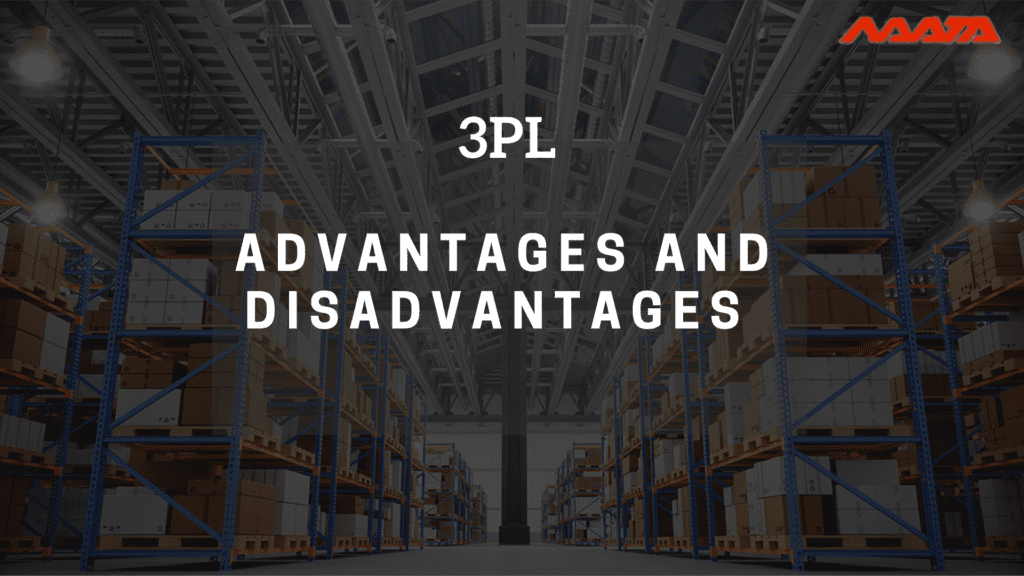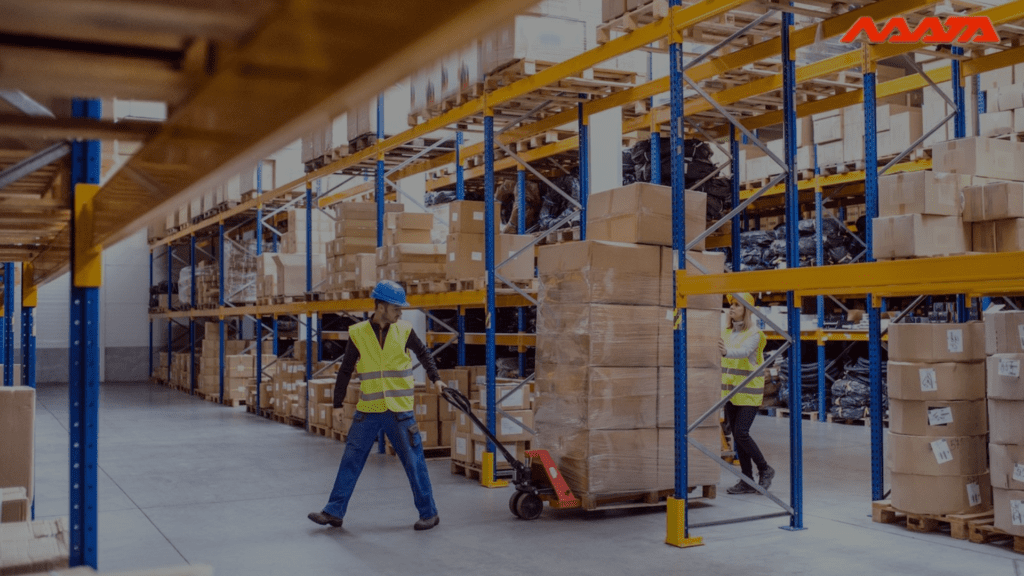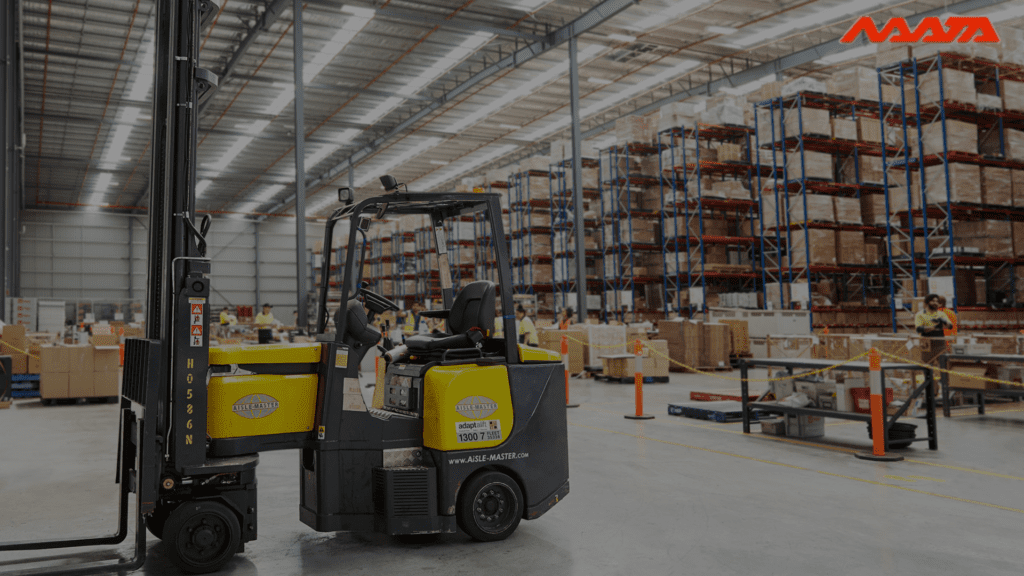Discussing The Advantages and Disadvantages of 3pl
Table of Contents
Advantages and Disadvantages of 3pl
eCommerce shipping experts realize how critical third-party logistics (3PL) is to a company’s overall performance. 3PL’s benefits are often cited online and in print. Third-party logistics companies handle every step of the order fulfillment process for online retailers, including product selection, packing, and shipping.
Even while third-party logistics has its benefits, online retailers should also bear in mind a few downsides before using a 3PL. Many 3PLs have sprung up in India and throughout the globe as a result of the tremendous boom in e-commerce. A detailed grasp of how third-party logistics providers or 3PLs function in eCommerce shipping and logistics can help you choose which 3PL is ideal for your firm.

You May Also Like To Read: Brief Overview of 1PL, 2PL, 3PL, 4PL, and 5PL
Advantages of 3PL
Relationships
With the customer, the 3PL seeks long-term strategic partnership. In contrast, a transportation broker’s exclusive concentration is on transferring cargo from one location to another on a transactional basis. A third-party logistics provider (or 3PL) is more committed to your business.
Indeed, 92 percent of 3PL consumers and 95 percent of 3PL suppliers consider their connections with one another to be effective. They also discover that their collaboration produces favorable outcomes, as documented in the 2017 Third Party Logistics Study from Update Latest.
Reduced Costs of Delivery
Cost-effectiveness is one of 3PL’s greatest benefits. Because third-party logistics providers deal with a large number of enterprises, they are able to provide lower shipping rates to individual eCommerce businesses.
An incredibly expensive investment is in-house logistics management. In contrast, 3PL (3rd Party Logistics) firms may take use of their economies of scale to provide cost-effective shipping services.
Specialization
Companies that offer third-party logistics (3PL) services are highly specialised since they were founded with a single, unwavering goal in mind: to provide logistical help to numerous enterprises. As a result of specialisation, the effectiveness of such organisations automatically grows, which in turn helps the courier firms that engage them.
Advanced New Technology is at Your Fingertips
3PL businesses often have superior technology than in-house logistics departments because of their expertise. The new technology makes it possible to do tasks in less time while also saving money.
Reducing the Stress on a Company
By enlisting the help of a 3PL, the producer is able to shift part of the responsibility to a company that has experience in the sector.
As their networks grow, so does the number of tasks that need to be performed, and as a result, larger organisations often find it difficult to handle everything at once.
Using a third-party organization’s assets and knowledge about its core tasks while outsourcing logistical operations is possible.
Speedy Delivery
A huge number of delivery fleets are used by 3PLs, who specialise in shipping services, to ensure that orders are delivered in a timely way. They have warehouses all around the nation, which is another benefit of third-party logistics
Because of this, companies are better able to fulfil orders to clients more quickly. Amazon’s one-day delivery policy has prompted third-party logistics firms to promise lightning-fast deliveries to clients even at the most inopportune times.
Higher Adaptability
As business becomes more complicated, it is expected that firms will put more emphasis on developing attributes that will provide them an advantage in the market. It is necessary to swiftly adapt to the constantly changing business environment.
Companies across the world have extensive supply chains and distribution networks, yet the management of such organizations is very complex.
Organizations that employ 3PL services may respond more quickly and more flexibly to changing consumer needs and requests.
Real-Time Order Tracking
Transparency and communication between ecommerce enterprises and their consumers are made possible by an effective order tracking system. Consumers now want to know where their order is at all times.
Third party logistics businesses offer a self-service order tracking website that may be accessed by clients by inputting their Order Id or Tracking Number. Many 3PLs can even notify consumers through email and phone of order updates. Ecommerce enterprises build client loyalty and trust by keeping them informed about the status of their orders.
You May Also Like To Read: Best 3pl Warehouse Service ? Benefits of 3PL Warehousing
Incredibly Flexible
The majority of third party logistics businesses focus on a single area of the supply chain. Having this in place enables the organization to concentrate on its core competencies. Some third-party firms specialise on a certain country or region. Startups can better serve these regions by outsourcing logistics to a third party.
With no additional expense, startups may expand and scale at their own speed. As a result, companies are spared the hassle of overseeing over-the-road shipments. Using a third party eliminates the hassle of storage for startups. In the long term, outsourcing certain business functions makes sense and saves money.
Warehouse Management
Third party logistics firms can provide warehousing options. 3PL businesses buy all of the merchandise from eCommerce companies and store it in several warehouses for warehouse management.
A client’s order is fulfilled by third-party logistics providers as soon as the consumer puts it. As a result, 3PLs are able to relieve their clients of the burden of inventory management while simultaneously expediting delivery to their clients. There are several advantages to employing warehouse management services from third party logistics providers (3PLs).

Disdvantages of 3PL
Difficulty in Following Orders Placed with Multiple Carriers
This is a key challenge you’ll have if you’re working with many couriers directly. In the e-commerce world, order tracking is a crucial aspect of the whole process.
If you don’t have the ability to keep track of orders made on a large scale, things may quickly get chaotic! Many e-commerce businesses confront a drawback to using a third-party logistics provider (3PL).
Problems Might Arise if a Third-party Firm Commits Errors
When a courier firm outsources its logistical distribution to a 3PL company, it gives up part of its control over the whole delivery process. There is always the possibility of a problem arising when a procedure is completely out of one’s hands. And if that happens, the company’s reputation might be harmed.
Dependecy
A huge burden is placed on you if you entrust strategic operations to a third party. Each organization requires a solid framework to prosper and generate exceptional business outcomes.
With the help of a third-party logistics provider, you’ll give up control of your logistical operations. As a result, you become more reliant on them. It’s critical to work with a vendor you can trust.
Lack of Information Exchange
Finding a third party logistics provider willing to collaborate with a firm on common aims is not always easy. Your logistics objectives must be well defined in order to enhance efficiency. Make sure the organisation you pick has a good track record in terms of customer service.
Separate Allocation Of Orders
Once an order has been made, allocating and assigning a courier partner to fulfil that order does not seem to be a difficult process.
However, if you have 5 courier partners, depending on their serviceability, each may be allotted between 20 and 50 orders each day. Customers and courier partners will be solely responsible for informing you of any delivery exceptions.
You May Also Like To Read: 5 Benefits of 3PL Provider For Small Businesses
The Difficulty of Reversing Logistics
A company’s supply chain and logistics are complicated by the usage of third-party logistics (3PLs). The term “reverse logistics” refers to the post-sale actions linked to recouping value from a product’s life cycle. There are several ways in which you may return a product to the manufacturer, distributor, service provider (if applicable), or recycle it and dispose of it.
Although 3PLs handle reverse logistics for a corporation, there are significant drawbacks. Furthermore, the expenses of managing returns for e-commerce enterprises are greater than for brick and mortar establishments. The volume of returned items might be larger than usual at times, which can cause processing delays and slow down warehouse operations.
As a result, consumer discontent may rise. E-commerce returns may be difficult if they are outsourced to 3PLs, who are third-party logistics providers (or 3PLs). Some businesses, on the other hand, have devised innovative solutions to this issue.
The return services provided by UPS are an example of how the company aims to support its clients. 145 nations provide UPS return services, which include a wide choice of cost-effective label alternatives, a wide network of consumer drop locations, as well as a selection of return technologies for a simple and frictionless customer experience. UPS offers return services in 145 countries.
In other words, this is a relationship in which both parties must work together to avoid disastrous outcomes.
As a Businessperson, You Should Have a Good Grasp
You may not want to use a standard 3PL if you’re in a highly regulated sector or have extremely particular demands (such as cold storage or temperature-controlled distribution). In addition, third-party logistics (3PLs) may have hundreds or even thousands of clients and may not provide you with the attention you need.
Is it simple to get in touch with them if you need help? In what time frame can you expect a response? Choosing a 3PL that knows your organization, its objectives, and how effective logistics and distribution can help you achieve those goals is essential.

disadvantages of 3PL disadvantages of 3PL
Thanks For Reading: Discussing The Advantages and Disadvantages of 3pl
Powered By 360Presence
Advantages of 3PL Advantages of 3PL




